Assessment should be meaningful and reflective of student learning from "summary" of Prepared by Diane Tavenner
Assessment plays a crucial role in the learning process. It is not just about assigning grades or scores; it should provide valuable insights into students' understanding and progress. Meaningful assessment goes beyond simply measuring what students know; it should also focus on how well they can apply their knowledge in real-world situations. By designing assessments that are relevant and practical, educators can ensure that they are truly capturing the depth of student learning. Reflective assessment allows students to think critically about their own learning journey. It encourages them to self-assess their strengths and areas for growth, promoting a growth mindset and a sense of ownership over their education. When assessment is reflective, it becomes a tool for students to track their progress and set goals for improvement. It empowers them to take charge of their learning and become active participants in the educational process. Assessment should be aligned with learning objectives and outcomes. It should not only test students on what they have memorized but also assess their ability to analyze, evaluate, and create. By aligning assessments with higher-order thinking skills, educators can ensure that students are truly mastering the material and developing critical thinking skills that will serve them well in the future. This alignment ensures that assessments are meaningful and provide a comprehensive picture of student learning. Furthermore, assessments should be varied and authentic. Multiple forms of assessment, such as projects, presentations, and portfolios, allow students to demonstrate their learning in different ways. Authentic assessments mirror real-world tasks and challenges, providing students with opportunities to apply their knowledge in relevant contexts. By incorporating a variety of assessment methods, educators can cater to diverse learning styles and preferences, ensuring that every student has a chance to shine.- Meaningful and reflective assessment is essential for promoting student learning and growth. It should be designed to capture the depth of student understanding, encourage self-reflection, align with learning objectives, and be varied and authentic. By prioritizing these principles in assessment practices, educators can create a more engaging and effective learning environment for all students.
Similar Posts
Explore different perspectives and viewpoints
When we explore different perspectives and viewpoints, we open ourselves up to a world of possibilities and insights that we ma...
Classroom activities should be designed to promote collaboration among students
Effective instruction involves providing opportunities for students to work together in collaborative groups. This approach all...

Encourage peer feedback and collaboration in assessment
Collaboration in assessment provides an opportunity for students to learn from each other, offering a different perspective tha...
Learners' prior knowledge impacts learning
One of the key factors that influence how well learners grasp new information is their existing knowledge and experiences. When...

